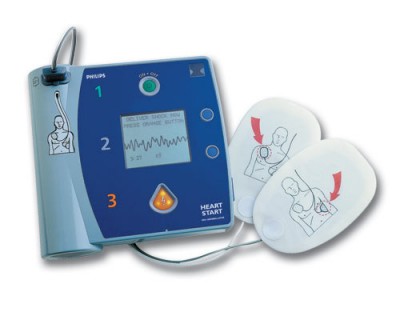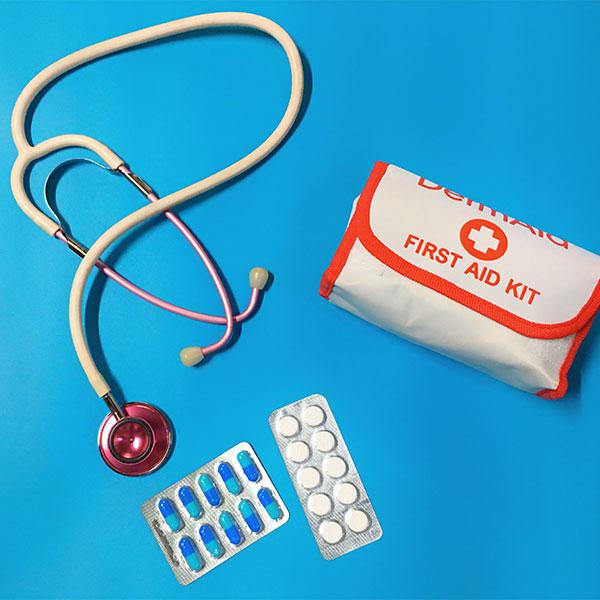During a crisis, it’s often those with specialized training who are in charge. Classroom teachers, for example, are required to know where their students are at all times in case of an emergency. When an emergency happens, you call 911 for help, and trained professionals will come to your aid. But what if the power goes out, or the roads are blocked, and the ambulance can’t reach you? What if you need help now, but help can’t get to you in time? Are you prepared to help yourself and others during an emergency? Having the necessary skills can truly make a difference in life-threatening situations. Let's look at some essential emergency training and resources.
Get Trained in CPR and First Aid
Many people are familiar with basic CPR and First Aid, especially since youth groups and schools often require CPR certification. However, it’s important to keep your skills fresh. CPR certifications typically expire every 3 years, so it’s a good idea to brush up on these vital skills periodically.
Learn CPR and AED Skills
The American Heart Association offers a variety of classes in CPR and AED training, including workplace training. Is your office prepared for a medical emergency? Many offices have basic first aid kits, but how many people actually know how to use them? What if a colleague has a heart attack? More offices are now equipped with AED (Automated External Defibrillator) machines, which detect abnormal heart rhythms and provide a life-saving shock to restore normal heart function. Knowing how to use an AED could be the difference between life and death in an emergency situation.

Emergency Management and Additional Training
- FEMA offers an Emergency Management degree through their Emergency Management Institute in Maryland. Due to recent hurricane activity, some on-campus classes have been canceled, but there are plenty of online courses available, along with free resources and downloadable books on their website.
- The American Red Cross offers various training programs, including courses in First Aid, CPR, lifeguarding, child care, and even CNA certifications. You can search for upcoming classes in your area and find the best fit for your needs.
- The Indiana Department of Homeland Security provides a comprehensive training program tailored to state needs, along with free online courses in topics such as terrorism awareness and white-collar crime. Check if your state offers similar programs to help you stay informed and prepared.
- Community Emergency Response Teams (CERT) are popping up across the country. These volunteer teams, led by trained community members, work with city emergency organizations. Contact your local fire department to see if CERT is available in your area. If not, consider starting a similar initiative.
Know Your Local Emergency Plan
It's important to know your area's emergency preparedness plans. For example, do you live near a nuclear power plant? What is their emergency protocol? The more training you have, the more you can help during a crisis. By assisting your neighbors and community members with basic first aid or emergency management skills, you can allow first responders to focus on more critical cases. Just knowing basic first aid and CPR could be a life-saving asset during a disaster.














